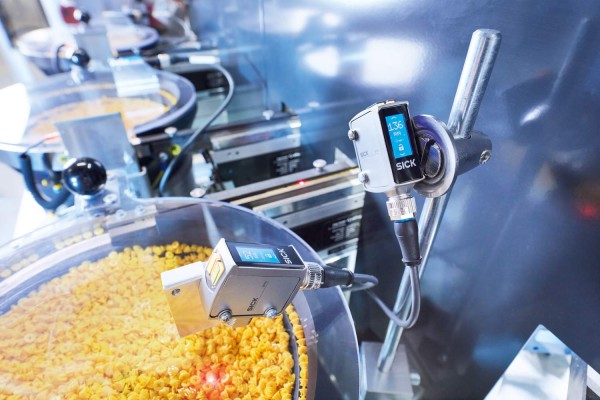In today’s rapidly evolving industrial landscape, the push towards smart manufacturing is reshaping how factories operate. At the heart of this transformation are advanced sensors that enable machines to communicate, adapt, and optimise their performance in real-time. SICK, a global leader in sensor technology, is at the forefront of this revolution, providing the tools necessary to drive automation and create truly smart factories.
The Role of SICK Sensors in Smart Manufacturing
Smart manufacturing relies heavily on the ability to collect and analyse data from various points within a production line. SICK sensors are designed to do just that—accurately capturing real-time data on everything from object detection and positioning to environmental conditions and machine performance. This data is then used to make informed decisions, automate processes, and optimise production.
Key Features of SICK Sensors
1. High Precision and Accuracy: SICK sensors are engineered for high precision, ensuring accurate measurements and detections that are critical for maintaining quality and efficiency in automated processes. Whether it’s detecting the position of an object on a conveyor belt or measuring the distance between components, SICK sensors provide the reliability needed for precise operations.
2. Advanced Connectivity: With the rise of Industry 4.0, connectivity is more important than ever. SICK sensors come equipped with advanced communication protocols, allowing them to seamlessly integrate with other devices and systems within a smart factory. This connectivity enables real-time monitoring and control, enhancing the overall efficiency of the production line.
3. Versatility Across Applications: SICK offers a wide range of sensors tailored to different industrial applications. From photoelectric sensors that detect small objects with high accuracy to vision sensors that enable complex inspection tasks, SICK provides the solutions needed to automate various aspects of manufacturing.
The Benefits of Implementing SICK Sensors in Smart Manufacturing
- Increased Efficiency: By automating data collection and decision-making, SICK sensors help streamline production processes, reduce human error, and increase overall efficiency. This leads to faster production times and lower operational costs.
- Enhanced Quality Control: With their high precision and reliability, SICK sensors play a crucial role in maintaining consistent product quality. Real-time monitoring allows for immediate detection of defects or deviations, enabling quick adjustments to prevent issues from escalating.
- Future-Proofing Your Operations: As manufacturing continues to evolve, the need for adaptable and scalable solutions becomes more pressing. SICK sensors are designed to grow with your operations, offering the flexibility needed to meet future demands.
As industries move towards more intelligent and connected production systems, the role of sensors becomes increasingly vital. SICK’s advanced sensor technology not only supports current automation needs but also lays the foundation for the smart factories of the future. By integrating SICK sensors into your manufacturing processes, you can achieve greater efficiency, improved quality, and a competitive edge in the ever-changing industrial landscape.
Talk to the EllisCo Automation and Safety team for all your SICK sensor questions, contact them today.
